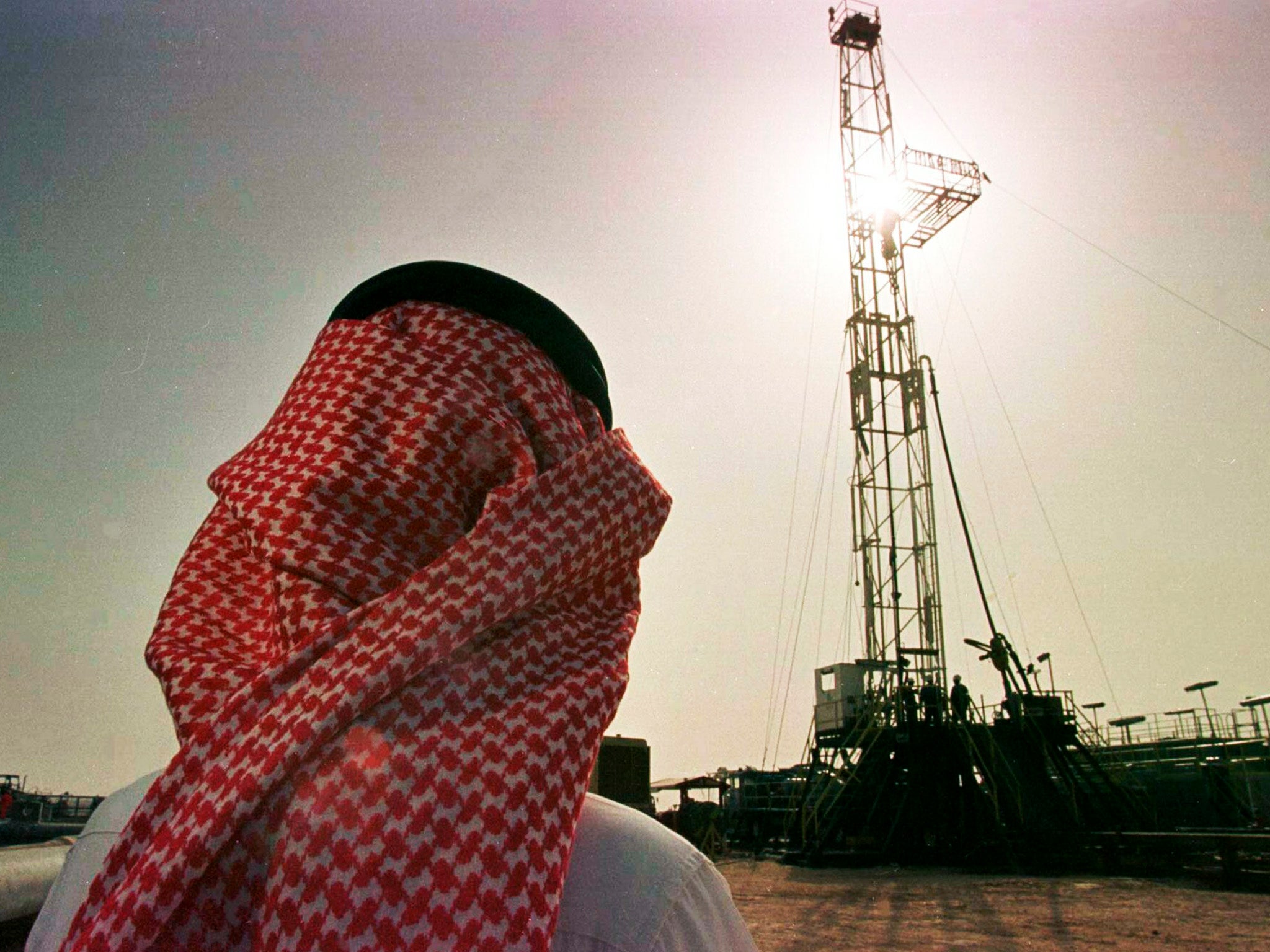Saudi Arabia’s pledge to cut carbon can lead other countries to major Cop26 climate commitments
Analysis: It’s a nation that is, to many, synonymous with fossil fuels – but now the Kingdom’s influence within Opec could help the Middle East embrace the climate agenda, writes economics editor Ben Chu

Saudi Arabia decarbonising is, on the face of it, an unlikely ambition. The country has the second-largest oil reserves of any country in the world, second only to Venezuela. It is also the second-largest oil producer on the planet, behind the United States. The majority of the Kingdom’s wealth derives from fossil fuels – but decarbonisation is, nevertheless, the ambition that the country’s ruling regime announced at the weekend.
The kingdom’s crown prince and de facto ruler, Mohammed bin Salman, revealed that he aims to drastically reduce Saudi Arabia’s national emissions by planting 10 billion trees and generating half of its energy from renewables by 2030.
He has also pledged to work with the country’s neighbours to plant an additional 40 billion trees across the Middle East.
That a nation that is, in the eyes of many, synonymous with fossil fuels has begun embracing the climate agenda is testament to the consensus that has taken hold over the need to decarbonise the global economy.
If even Saudi Arabia is serious about moving away from oil and gas to forms of renewable energy such as solar, wind and hydro power, then plainly something big is changing.
In the UK, Boris Johnson unveiled his own 10-point “plan for a green industrial revolution” last year, saying that he wanted to make Britain the “Saudi Arabia of wind power”. It seems that the Saudi leadership itself has similar ambitions.
While the international arena seems to be fracturing, the geopolitics of the climate agenda are actually aligning, as evidenced by the Biden administration’s re-entry into the Paris Accord, and the Chinese government’s 2060 net-zero target, all within the past six months. Cop26, the United Nations’ climate-change summit, which will be hosted in November in Glasgow , should hopefully cement this sense of unified international purpose.
Saudi’s regional role could also be significant in making this a turning point. Saudi is currently the country in the Middle East responsible for the largest share of global emissions, reflecting its size and oil-dominated economy. Its 1.3 per cent share of total global emissions is more than double that of Egypt, despite having a population only a third of the size.
If Saudi were simply to make its oil-pumping operations more efficient and clean, that in itself would yield very large environmental dividends in the form of lower emissions.
Moreover, as the country with probably the most to lose from global decarbonisation, at least on a static economic analysis, the fact that the Kingdom is adopting these goals may also help persuade other Middle Eastern nations to get onboard with the net-zero agenda.
It has the potential to use its dominant role in Opec, the cartel of oil-producing states, to drive change. Many will find that difficult to imagine, given Opec’s founding purpose of maximising the oil revenues of its members. But in a sense, the decarbonisation agenda fits with Bin Salman’s existing “Vision 2030” project to diversify the Saudi economy away from its overwhelming reliance on fossil fuels by investing in technology and tourism. And the Kingdom would suffer as much, if not more, than many other nations from a major increase in global temperatures and consequent chronic drought.
Of course, the proof will be in the delivery. Decarbonisation targets are important because they demonstrate a political objective and set the tone. But equally important are concrete policies that will make those targets a reality.
And the key to decarbonisation is steady progress, decade by decade, year by year. This steady progress is what will stimulate the technological improvements that will make the job achievable. Investments by governments today will stimulate the growth of supply chains that will be needed tomorrow.
The time for Saudi Arabia – and every other nation – to start implementing decarbonisation objectives is now.
Subscribe to Independent Premium to bookmark this article
Want to bookmark your favourite articles and stories to read or reference later? Start your Independent Premium subscription today.

Join our commenting forum
Join thought-provoking conversations, follow other Independent readers and see their replies